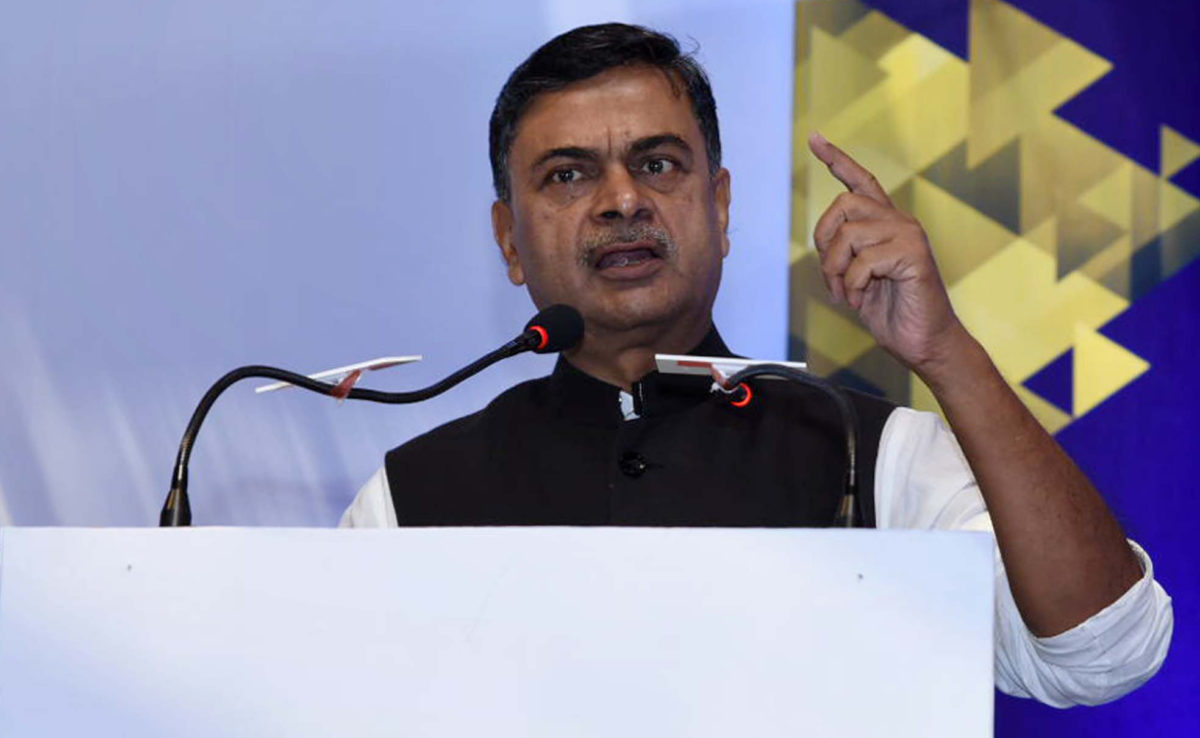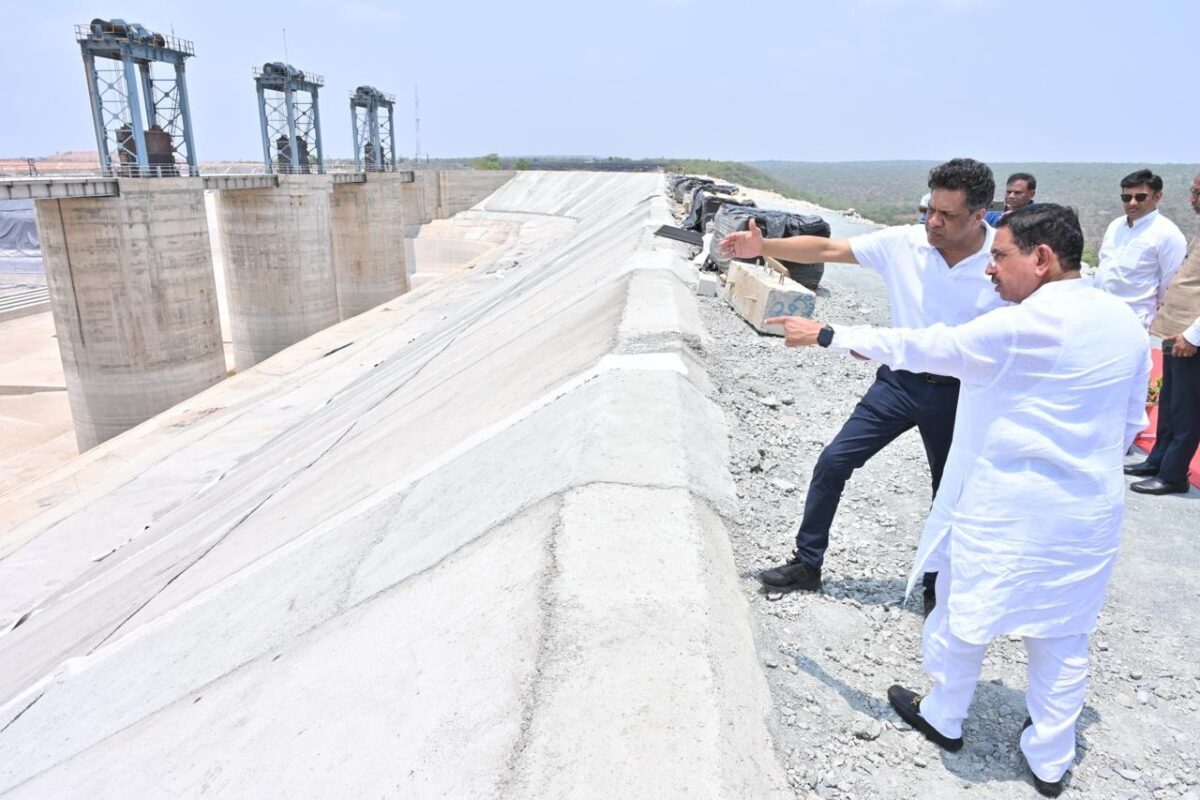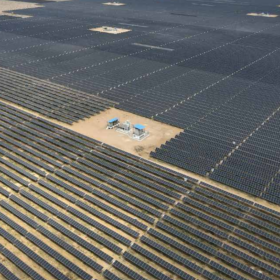India is mulling to increase import duty on solar equipment down the value chain in the coming years in order to encourage domestic industry, power minister R.K. Singh told at a conference during the curtain raiser ceremony of RE-Invest 2019 in New Delhi.
The announcement comes as the 25% safeguard duty imposed by India on foreign-made (developing countries) solar cells and modules nears dilution next year.
The minister said the tariff hike is unlikely to hamper the pace of solar installation in India. Notably, the cost of solar power generation in India has fallen to half the level seen in many other markets in the Asia Pacific region due to extensive solar resource, market scale and competition. The minister expressed confidence that the prices of renewables, including solar power, will continue to fall.
Currently, India has a domestic solar manufacturing capacity of just 3.2 GW for cells and 8.5 GW for modules, which leaves it highly dependent on imports from China and other countries for solar installations. In FY18 alone, around 9.8 GW of solar modules were imported from China, catering to 85% of India’s demand.
The move to permit use of only Ministry of New and Renewable Energy (MNRE) and Bureau of Indian Standards (BIS) approved solar cells next year onwards will further help to maintain project quality by deterring use of low-quality imports.
“From 2020, India will only use solar cells approved by MNRE and BIS. This will help ensure quality for value chain and consumers, and create skilled jobs,” said MNRE secretary Anand Kumar at the conference.
Significantly, in the recent Union budget, the government prioritised solar cells and lithium storage batteries as areas for big investments. As a step forward, the MNRE has invited R&D project proposals in high-efficiency perovskite solar cells, as well as applications combining solar and storage.
On the storage front, a new policy will be announced soon. “We are working towards creating a conducive policy for creation of Li-ion cells. With the rise in electric vehicle adoption, there is an increased demand for battery storage,” Kumar said.
India is among the countries with the largest production of energy from renewable sources. As of June 30, 2019, it had an installed renewable energy capacity of 80.47 GW, including 29.55 GW of solar and 36.37 GW wind. Biomass and small hydro power constitute 9.81 GW and 4.6 GW, respectively. Thus, India offers one of the largest investment opportunities in the renewable space. The government of India allows 100% foreign direct investment under the automatic route for projects of renewable power generation and distribution.
“This year’s global renewable energy investment summit RE-Invest 2019 assumes added significance in view of the PM Narendra Modi led government’s renewed push to the RE sector with new schemes for a solar plant on every farm (KUSUM Scheme), enhanced RE budget allocation and permission for 100% foreign direct investment,” said Global Solar Council Chairman Pranav R Mehta while inviting global renewable energy stakeholders and investors for the event.
This content is protected by copyright and may not be reused. If you want to cooperate with us and would like to reuse some of our content, please contact: editors@pv-magazine.com.









By submitting this form you agree to pv magazine using your data for the purposes of publishing your comment.
Your personal data will only be disclosed or otherwise transmitted to third parties for the purposes of spam filtering or if this is necessary for technical maintenance of the website. Any other transfer to third parties will not take place unless this is justified on the basis of applicable data protection regulations or if pv magazine is legally obliged to do so.
You may revoke this consent at any time with effect for the future, in which case your personal data will be deleted immediately. Otherwise, your data will be deleted if pv magazine has processed your request or the purpose of data storage is fulfilled.
Further information on data privacy can be found in our Data Protection Policy.